The Twelve Apostles
Nine limestone rock stacks on Australia's "Shipwreck Coast."
Recently a young couple visiting the Twelve Apostles—confusingly, there are only nine rock formations—walked out onto a section of rock known as the London Bridge. In a moment of life imitating art, the “London Bridge” rock bridge really did fall down, stranding the couple on a spire of rock out in the sea.
The couple kept waving at people for help, trying to attract attention to their predicament (they were too far away to be heard) but the other tourists just kept waving back at them. Finally, someone realized their predicament and the stranded couple was airlifted to safety.
Originally known as the Sow and Piglets until 1922—Muttonbird Island, near Loch Ard Gorge, was the Sow, and the smaller rock stacks the Piglets—the formations were then renamed The Apostles for tourism purposes. The formation eventually became known as the Twelve Apostles, despite only ever having nine stacks.
The Apostles are a collection of eight Miocene limestone rock stacks jutting from the water in Port Campbell National Park, between Princetown and Peterborough on the Great Ocean Road. Formed by erosion, approximately 10 to 20 million years ago, the harsh weather conditions from the Southern Ocean gradually eroded the soft limestone to form caves in the cliffs, which would then become arches, which in turn would collapse—as in the case of the “London Bridge”—leaving rock stacks up to 45 meters high.
Tourism activities (including helicopter tours) are conducted from a visitor center situated on the inland side of the Great Ocean Road, with parking and viewing areas.

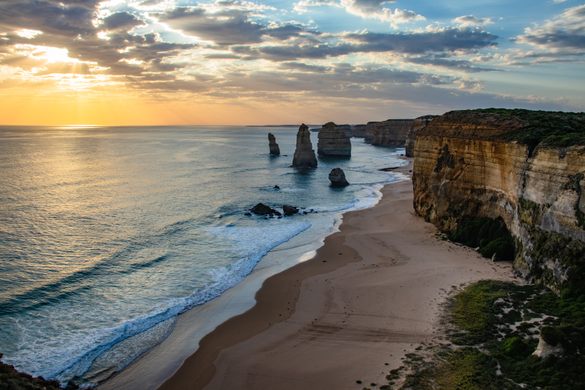

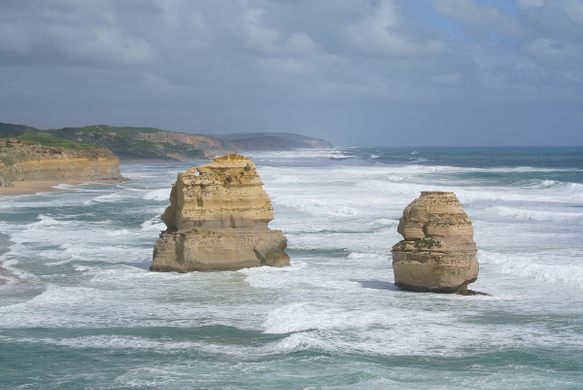


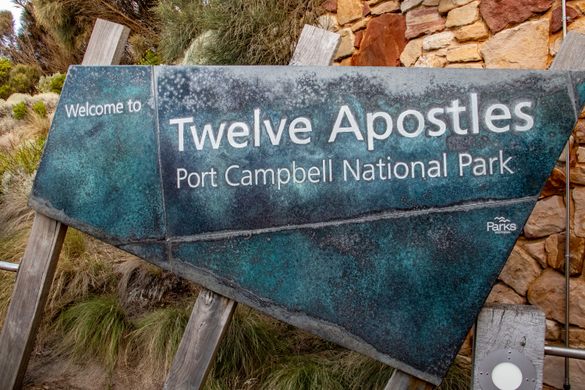


















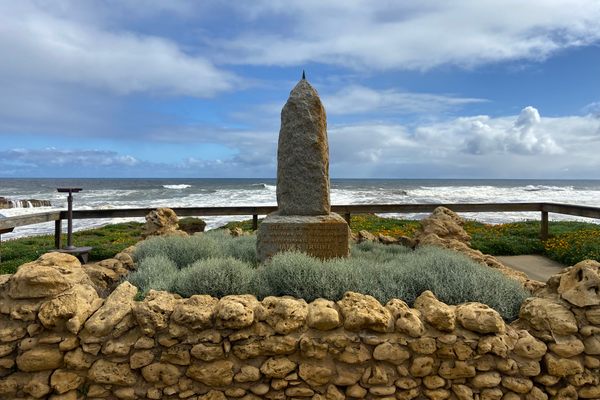

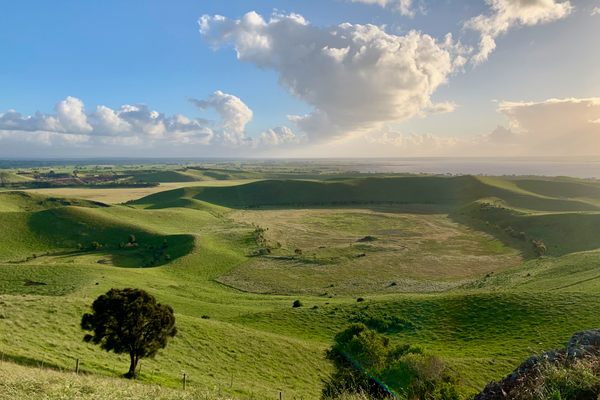

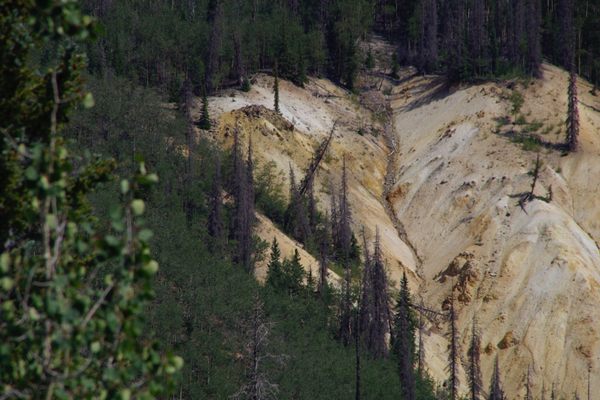
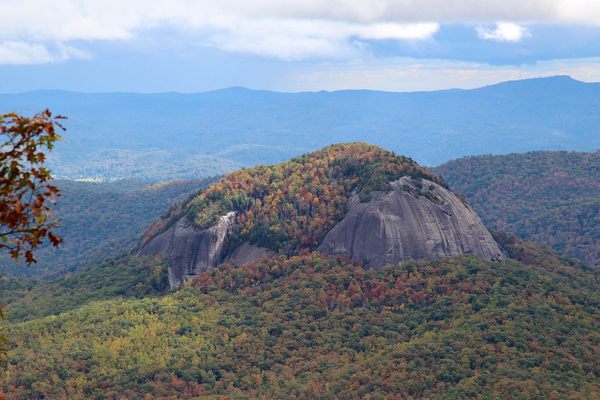
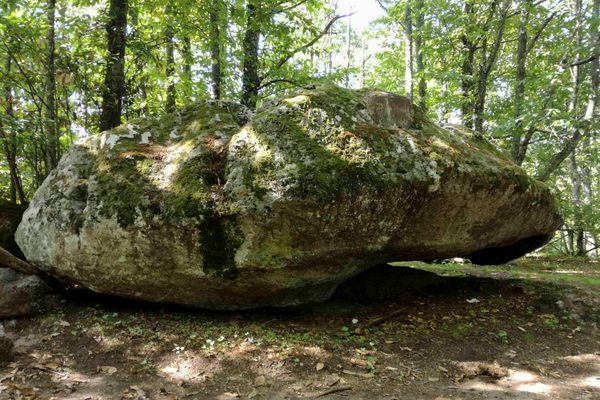

Follow us on Twitter to get the latest on the world's hidden wonders.
Like us on Facebook to get the latest on the world's hidden wonders.
Follow us on Twitter Like us on Facebook